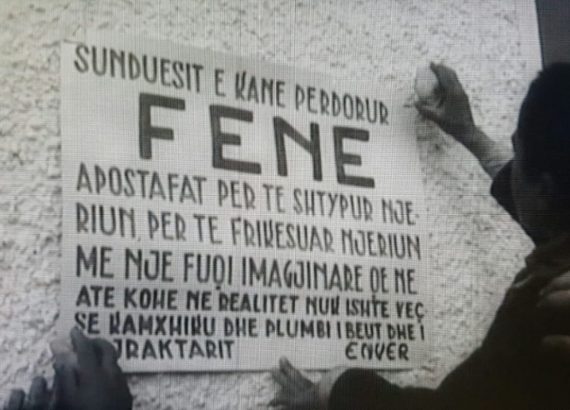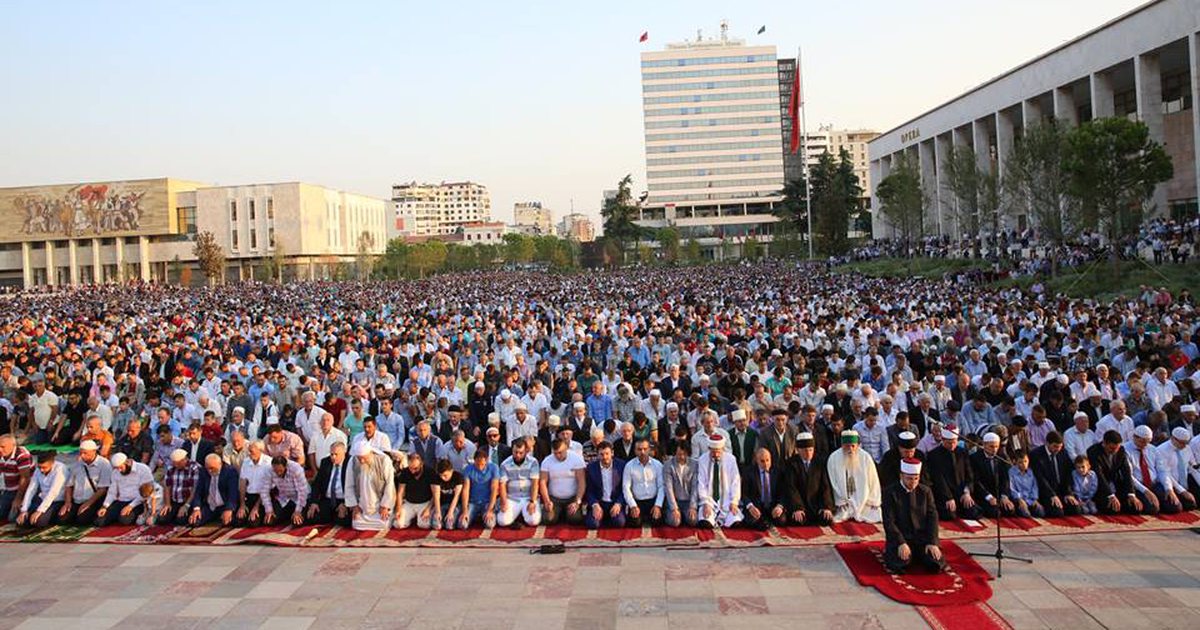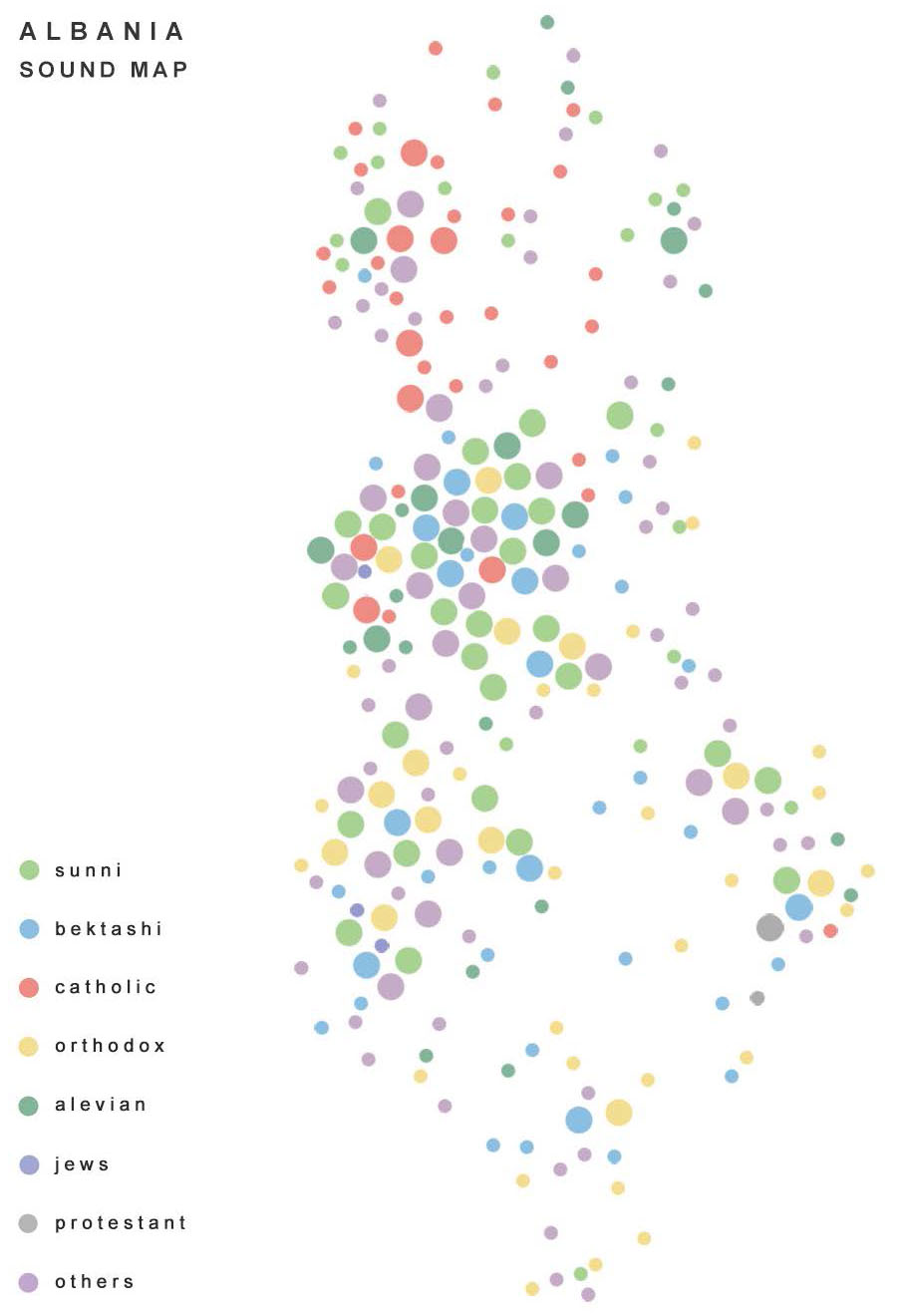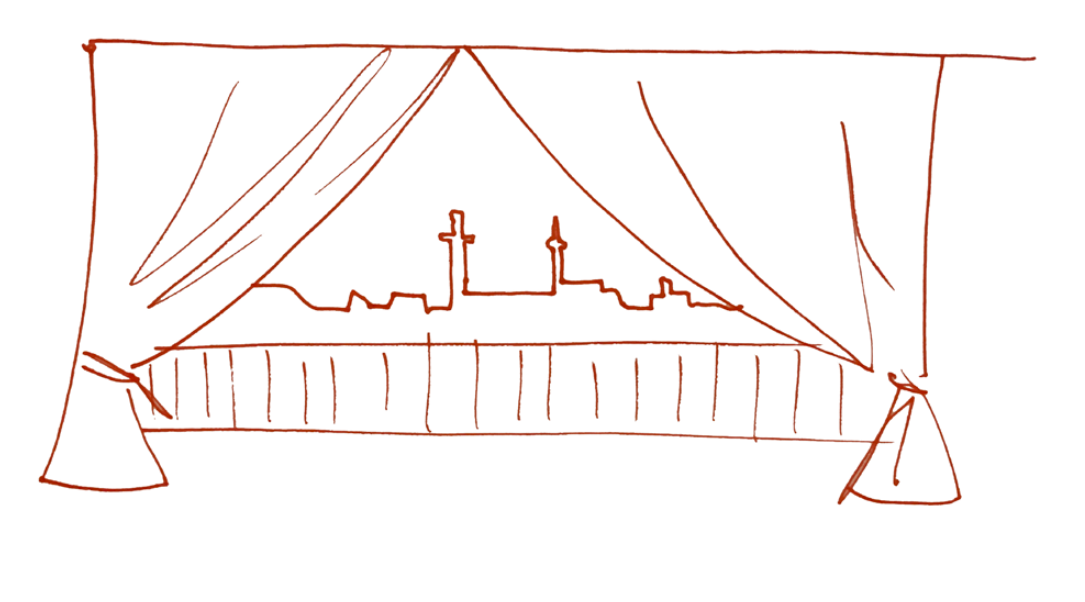Í kumbím / ë, -a noun; meaning a prolonged ringing that seems to come from afar; from hitting something; echo sound; reverberation; echo: the sound of the drum; repercussion of a sound etc.
Kumbima proposal delves into the city’s joints soundscape to grasp a peculiar condition of its society via a sonic experience of ‘mutuals’. As audible as in the everyday, yet as incurrently loud and closely linked to its context, Kumbima echoes a sound experience that puts together the obvious and non-obvious, the historical and the contemporary, the present and non-present noises, viably a true reveal of its society.
The project takes stance from the major shift of late 90’s, encompassing people from an imposed sense of collectivism to that extreme individualism reflected on all life aspects. As strong as this individualistic behavior quickly grew over the mass, a counterpart drifted from it; transformed from an individual behavior behind closed doors to a complete freedom of manifestation in public space.
 Poster slogan distributed during the dictatorship in Albania
Poster slogan distributed during the dictatorship in Albania"The sovrans have used RELIGION appositely to oppress the youth, to frighten mankind with an imaginary power that at that time was nothing but the whip and bullet of the bey and the bayraktar. - Enver"
Albania, this Mediterranean country of south-eastern Europe, underwent a series of political and religious ruptures, being now home to many nuances of religious identities living in accordion to one another. As the only constitutionally atheist country until 1990s, - this transitional shift drastically changed the behavior of religion in public space.

From muted individual hidden rituals within private rooms, it rapidly unfolded into an uncensored open presence in parks, boulevards and plazas. The abundance of a staged collective into the prudent individual collides a long-muted puntualism into an audible collectivism. It was time to enter a new soundscape epoch of the city.

Kumbima explores this ‘shared’ public ground following the ‘echoes’ of its performances. A set of ‘antagonist’ behaviors speak aloud: the bells chime, the minarets’ call, the choirs sing, while urban traffic bursts, children play and all comes together in an acoustic battle field of sound cacophony.
City lauds a multiplicity of sonant, of religious and non-religious nature, ingraining social cohesion to another dimension: a mystical landscape, just as the context itself.
The portrait of the acoustic religious coexistence embeds intensely at the proximity of the cults, premises, rituals, celebrations, where public space is shared among all believers and non-believers. Temporary appropriation of the physical space for certain rituals becomes ground of manifestation, turning open space in a flexible, temporary, yet interchangeable place of commons.
The intricate sound composition of this pavilion, in multiple layered components, derives from the vast range of experiences captured on the voice recorder. Upon the collection of sounds in the spatial framework of the city, they are categorized in a cognitive map, further to be composed as a new transcendental sonic experience.

Just like in an orchestra, sounds come from speakers placed to create a holistic experience. This composition is not just a mere library of sounds; it brings together, juxtaposes and transitions them in an interchangeable way. Authentic field recordings from various locations of the city are brought in playful graphs of varying from the amplitude of its audible experiences to barely recognizable ones, on a tempo aligned meticulously in a rhythmic formation.
In a global momentum that speaks a digital language, we bring “Kumbima”, not only to capture the weaves and noises in our own cities, but spread them around to echo and reflect in different realities being them virtual or non-virtual ones. The soundscape that grasps this moment in time, enables the narration of a reality that was absent yesterday, is dominant today and who knows if any of it will be left here tomorrow.
“In praise of the sounds”, Kumbima, scrutinizes a present co-living in the modern city; often accompanied with urban noises in a hammering sculpts of culture and a continuum of built, re-built.